NJ Secretary of Agriculture Douglas Fisher has requested the following message be shared with the farm community.
To assist farm operators in the provision of COVID-19 education, the NJ Department of Health has created a set of prevention messages that can be used as signage to be hung in common areas on farms. [Read more…]


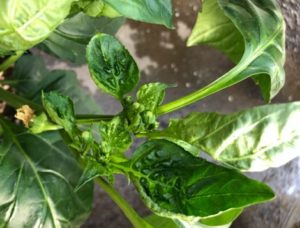
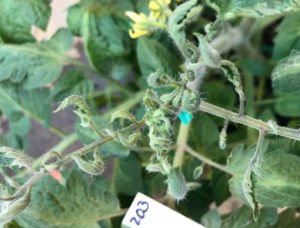
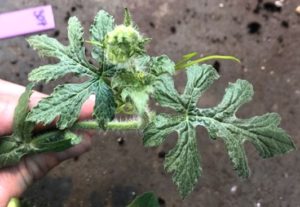
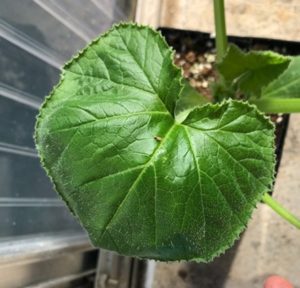

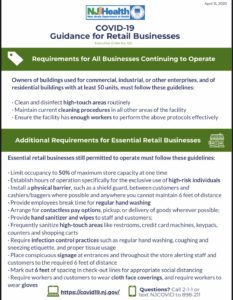
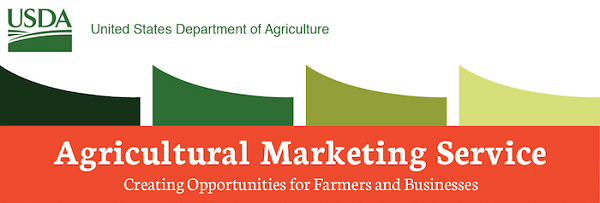 WASHINGTON, May 26, 2020-–Specialty crops producers can now apply for USDA’s Coronavirus Food Assistance Program (CFAP), which provides direct payments to offset impacts from the coronavirus pandemic. The application and a payment calculator are now available online and USDA’s Farm Service Agency (FSA) staff members are available via phone, fax and online tools to help producers complete applications. The agency set up a call center in order to simplify how they serve new customers across the nation. Applications will be accepted through August 28, 2020.
WASHINGTON, May 26, 2020-–Specialty crops producers can now apply for USDA’s Coronavirus Food Assistance Program (CFAP), which provides direct payments to offset impacts from the coronavirus pandemic. The application and a payment calculator are now available online and USDA’s Farm Service Agency (FSA) staff members are available via phone, fax and online tools to help producers complete applications. The agency set up a call center in order to simplify how they serve new customers across the nation. Applications will be accepted through August 28, 2020.